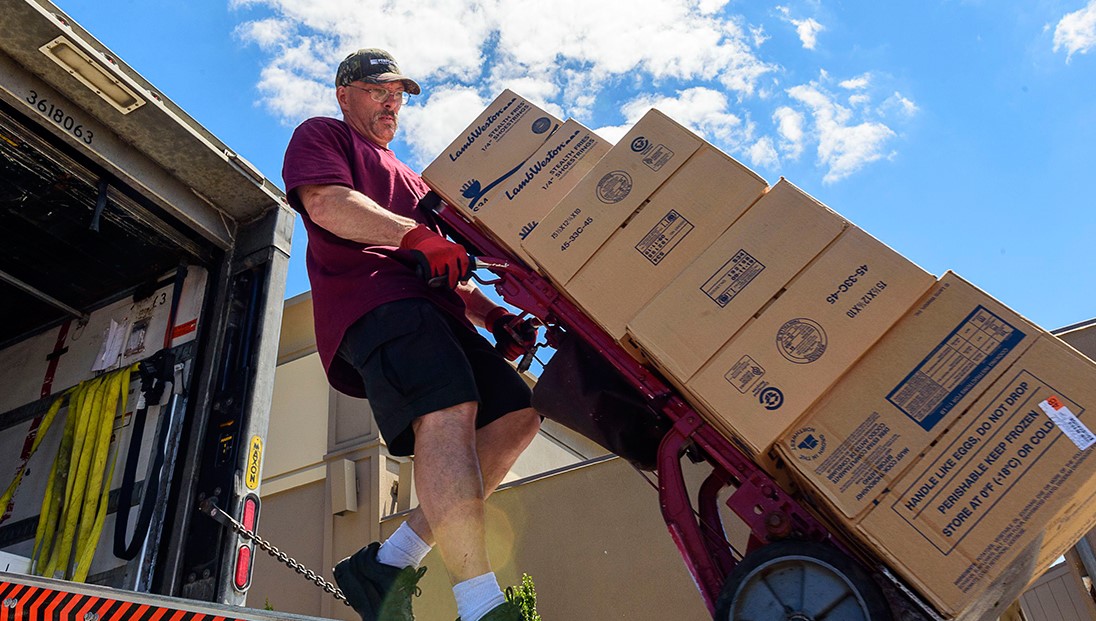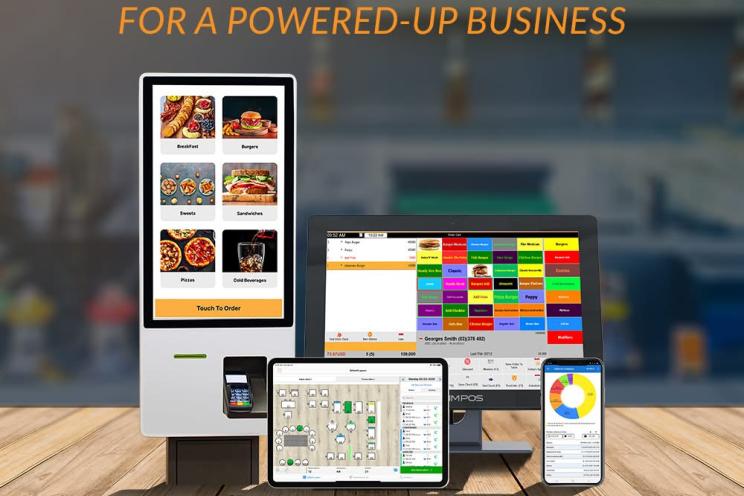
Tips to deal with supply shortage at restaurants
The hospitality sector was greatly impacted by the pandemic and it continues to be impacted by any other economic or political incident or event that affects supply and imports.
Several incidents affect inventory supply like the spread of a certain bacteria in food like E-coli where many suppliers recall their products from the market and cause shortage in that specific food item. Fruits and vegetables might be affected by diseases or pest invasion that disrupt their supply.
Imagine that 96% of operators have experienced delays or shortage in key food or beverage items.
Restaurant operators always try to adapt to evolving situations that is directly linked to their supply chain. They need to respond promptly to all variations whether in regulations or inventory shortage to maintain their services.
Similar to avoiding waste measures, restaurateurs need to maintain an adequate supply of food items to their customers without risking their safety or preferences.
Restaurant operators should be ready whenever an incident occurs and it affects their service so it doesn’t get reflected on their customers especially that food is a result of an interconnected system of farmers, manufacturers, stores and end consumers.
How to deal with food supply and inventory shortage in restaurants?
Opt for technology to survive and forecast demand
Maintaining your inventory is a crucial task especially when you run several stores. You need to acquire an inventory management software integrated in the POS for an updated and live inventory count that is automatically updated.
Besides, the POS software should provide you with analytical data that enables you to forecast demand especially for the packaged goods with long shelf life like cans.
The history of your demand shown in the reports is essential to forecast your future demand and to prepare your orders in advance especially when there is risk of supply shortage.
The reports show you which specific products to stock depending on the demand shown. For the fresh produce that cannot be stored for a long time, you can try to freeze herbs especially the ones you use for sauces and dips.
You can also brine vegetables to extend their shelf life.
Bottom line, analytical reports generated by the POS are a useful tool to stock more items in case of upcoming shortage to maintain the same customer service.
Rework your menu to be flexible
The food service sector is an ever-changing sector so the service you provide should quickly respond to these changes and successfully adapt to new conditions.
Your menu should be flexible enough to switch ingredients whenever needed or to remove items that you are no longer serving.
A contactless digital menu is the solution for a fast-changing sector that always requires updates. A simple adjustment in the system is all what you need to substitute ingredients, remove platters or add new ones.
In addition, avoid making detailed description of each platter especially for the ones with supply shortage. It’s always advisable to use broad terms like vegetables, greens, seasonal fruits instead of being detailed and specific although you need to use enticing language.
Remember the last thing you need is a disappointed customer who doesn’t find his favorite platter.
Focus on waste management
Remember those reports we’ve talked about previously?
They also come in handy to identify areas of waste. Reports might show waste in the kitchen while preparation or in the portions for example. So, benefit from this information to identify waste and to control it.
If waste is encountered due to unpopular item, alter your platter or recipes to drive up the demand on already existing ingredients and supplies.
Rely on several suppliers
For best prices, we usually refer to a main supplier, but you cannot restrict your purchases to a single supplier as a precautionary measure.
There are always substitutions available with other suppliers and sometimes it might be at a higher cost.
It’s not a foolproof process to take but a backup supplier can assist you in your supply shortage as the director of revenues in “The Melt” restaurant claims.
You should have several vendors in case of delays or cancellations or even price increase to maintain your business and try to rely on local vendors instead of international ones.
Communicate with your customers
Whether you have to inform them about major substitution or menu amendments or maybe a price increases due to the shortage of supply, you have to find the best way to communicate to your customers.
You know your customers best and you know the best communication tools and language to be addressed to them.
You also know which recipes to create with the available ingredients depending on their preferences. In case of price increase, you should be aware of their reaction meaning that before any attempt to increase your prices, ask yourself, “are they willing to pay the difference to get the same recipe?”
Supply shortage is uncontrollable and sometimes inevitable in foodservice sector, but you can focus on what you can control to limit your losses and maintain your profits and customers.
Rely on technology in managing your inventory and in forecasting demand to gain control over your operations.






